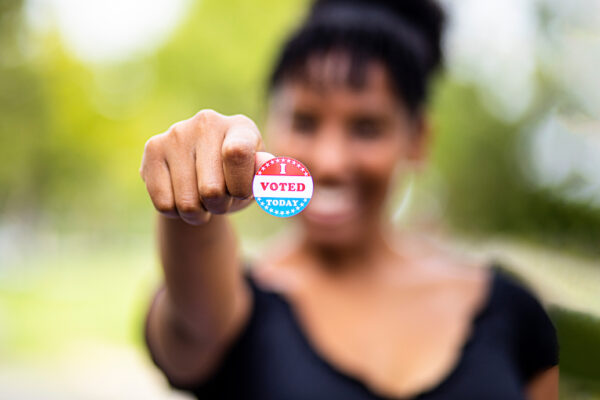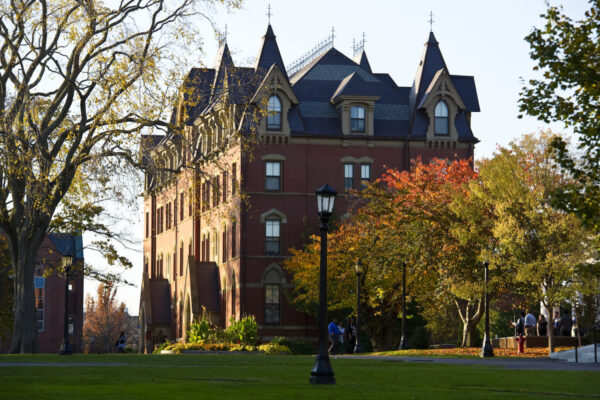The Public and Private Benefits of Education
Title: Education Pays 2019
Authors: Jennifer Ma, Matea Pender, and Meredith Welch
Source: College Board
As part of their Trends in Higher Education series, the College Board recently released a new brief focused on individual and societal benefits of education.
Using recent data from the Bureau of Labor Statistics, Census Bureau, and Internal Revenue Service, the brief discusses variation in college enrollment and completion rates between racial, gender, and income groups, and the effects of educational attainment on employment, earnings, health, civic engagement, and poverty among other factors.
The brief’s findings include:
- Trend data over time illustrate that, as educational levels increase, the share of unemployed individuals falls. In 2018, unemployment rates for individuals who graduated from high school was 4.1 percent, compared to 2.8 percent for those with an associate degree, and 2.1 percent for those with a bachelor’s degree.
- Bachelor’s degree recipients who worked full time made nearly $25,000 more on average than individuals with only a high school credential. These increased earnings have both public and private benefits, as college graduates receive an additional $17,000 in after-tax income and pay $7,000 more in annual taxes than high school graduates.
- Though employer-provided health insurance has fallen for all educational levels over the past two decades, college experience increased the likelihood of receiving these employer-provided benefits. Among full-time employees, for example, bachelor’s degree recipients were 12 percent more likely to receive health insurance coverage than high school graduates.
To read the full report, please visit the College Board’s website.
—Charles Sanchez
If you have any questions or comments about this blog post, please contact us.


